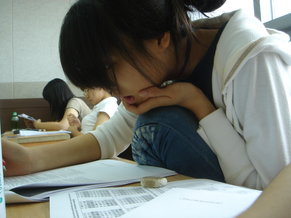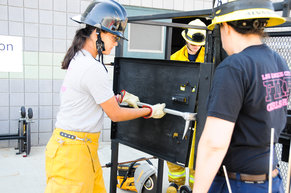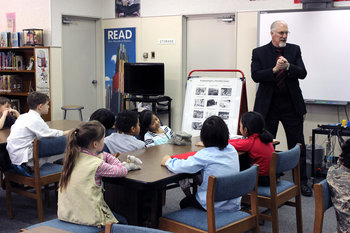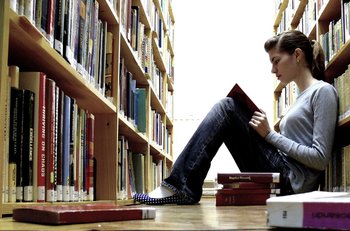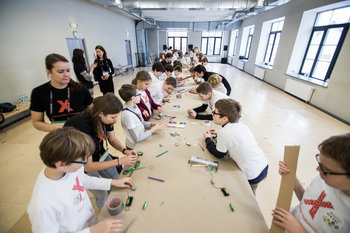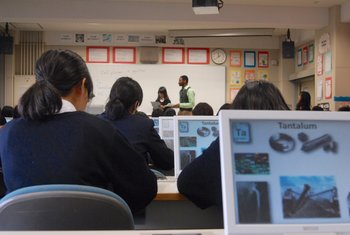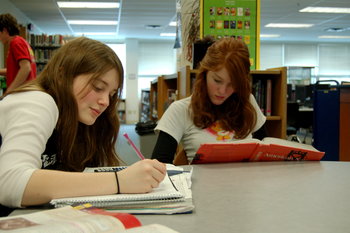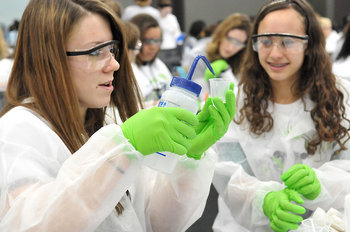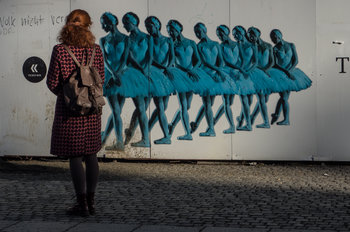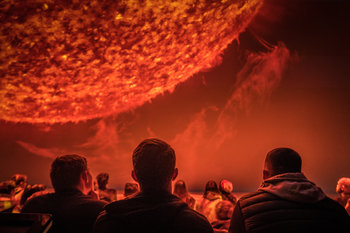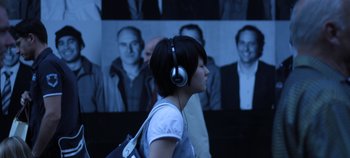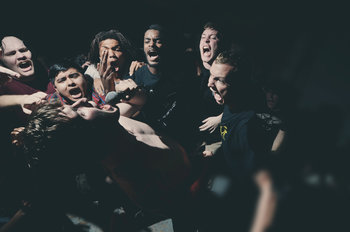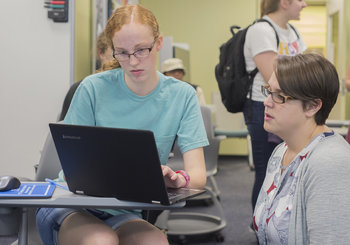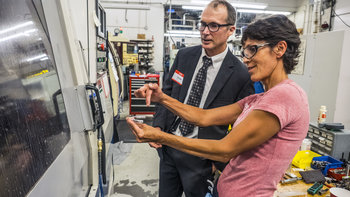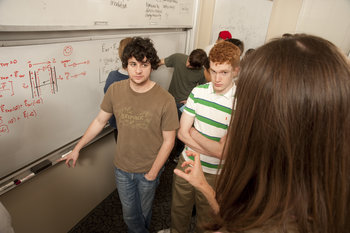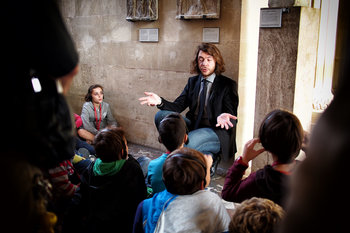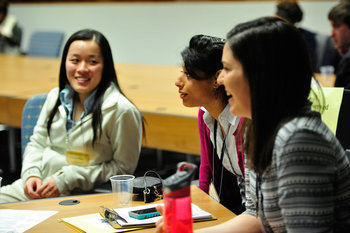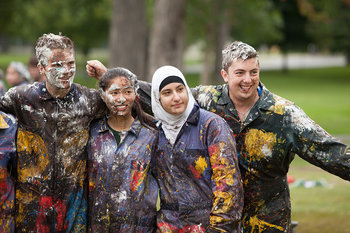
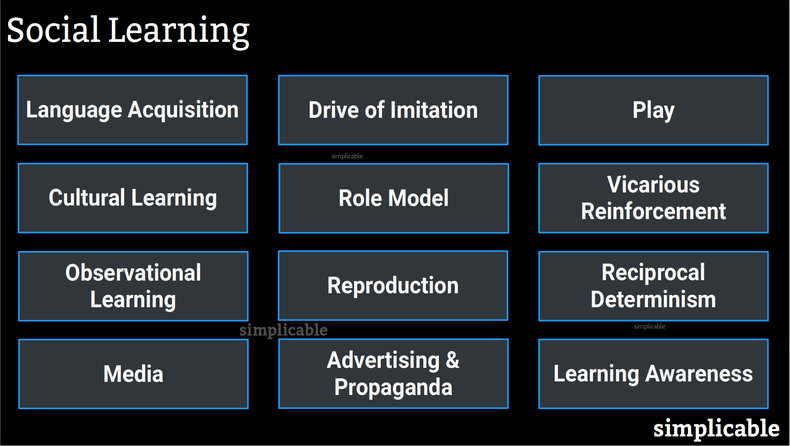
Language Acquisition
The acquisition of a native language in childhood is a prime example of social learning. In fact, asking children to memorize grammar rules in their native language has virtually no effect as children will eventually perfect grammar through a social process of listening and using the language. Learning a second language, particularly as an adult, requires some rote learning of grammar rules but benefits from complete immersion in the language.Drive of Imitation
Drive of imitation is an innate need or desire to copy the behavior of others. This may be hardwired into us to help us learn language, culture and other knowledge that can be gained by imitating others.Play
Play is considered critical to the development of intelligence, creativity and social skills. This is often a social process whereby children interact and learn games from each other. One of the earliest stages of socialization is a process whereby a very young child observes other children playing but doesn't yet engage.Cultural Learning
Cultural learning is the transmission of culture, abilities and knowledge through a group. This occurs with any shared experience. Cultural learning typically occurs without any formal learning processes such that is it social. For example, surfers who learn the rules of safety and respect by observing other surfers and experiencing push back if they violate a norm.Role Model
A role model is an individual whose behavior you seek to emulate. This can be based on criteria such as social status whereby you're more likely to learn from those you respect. Selection of a role model is also based on your goals. For example, if you want to become a comedian, it's helpful to have comedians you respect as role models.Vicarious Reinforcement
Learning from the pain and rewards that stem from the actions of others. For example, a young person who engages in calculated risk taking that paid off for their role model.Observational Learning
The common act of observing to learn. For example, watching someone build a diy project in an internet video while imagining how this can apply to a project that you have in mind.Reproduction
The process of trying to act out something you have seen others do. For example, a child who tries a karate move they saw a cartoon hero pull off.Reciprocal Determinism
Reciprocal determinism is the potential for the learner to influence a role model or culture. For example, a newbie skateboarder who emulates things they see others doing only to get it wrong such that they happen upon an innovation that spreads to the group.Media
Consuming media such as a film, music video, podcast or video game simulates a social process of observing people in real life. As such, media consumption is considered a type of social learning. For example, a young person who learns about cultural norms from movies. The capacity for children to learn from media is quite high such that parents are often advised to carefully monitor and shape their media consumption.Advertising & Propaganda
Media can be specifically designed to try to spread information or disinformation and change opinions. For example, a non-profit that tries to influence the public's perception of an issue with advertising.Learning Awareness
Social learning tends to be increased when the learner is aware they are engaged in a learning process. For example, an elder who relates an old myth may create more learning if they point out the story is an important source of traditional knowledge.| Overview: Social Learning | ||
Type | ||
Definition | The process of acquiring abilities and knowledge by observing, communicating and interacting with others. | |
Related Concepts | ||



